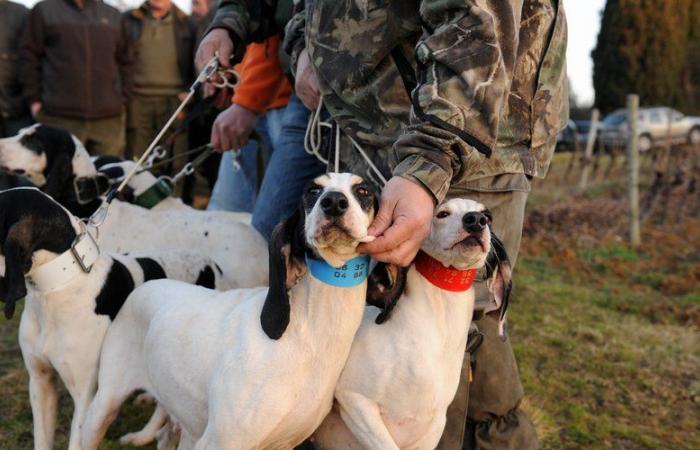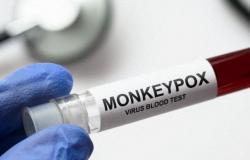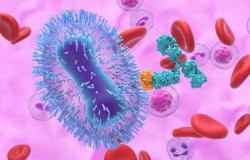the essential
In December, hunting dogs died from Aujeszky disease in Dordogne, in Belvès and Villefranche-du-Périgord, very close to the Lot-et-Garonnaise border. This disease is transmitted by wild boar.
When Aujeszky's illness is discussed with a hunter, the tone immediately becomes serious. “I have a friend who lost two dogs recently in Belvès,” breathes Bruno Constant, hunter in Fumélois. On his Facebook page Chassé & Croisé, another Dordognot hunter says: “when I entered the kennel, my dog was almost inert, blistered and scratched everywhere… A very complicated moment to live through.”
In this neighboring department, almost in quick succession, Aujeszky's disease killed six dogs. So many tragedies for the hunters, who have such a special relationship with their companions. This “pseudo-rage”, which affects the nervous system, pushes dogs to self-mutilate. Unbearable images.
A third of wild boars would have been in contact with the virus
This viral disease has arrived in France for several years. It is also called “wild boar disease” because it is through this animal that dogs become ill. In practice, Aujeszky's disease is a contagious virus which affects swine (domestic pigs and wild boars). It has been eradicated in France among domestic pigs but it still circulates among wild boars. On average, a third would have already been in contact with the virus.
Also read:
A “pseudo-rabies”: what do we know about “wild boar disease”, responsible for the death of two hunting dogs in France?
The dog becomes infected when it bites, drinks blood or eats offal. And if a vaccine has been invented for domestic pigs, this is not the case, at present, for dogs. The cases are too infrequent. Although Aujeszky disease has invaded new territories. After Haute-Garonne, Gers and Hautes-Pyrénées, Ariège was recently affected for the first time.
Aujeszky disease would not have arrived on Lot-et-Garonnais soil at this time
For the moment, Lot-et-Garonne is spared. “For our part, there is approximately one case per year, following hunts in neighboring departments,” explains Laurent Vicini, president of the 47 hunters.
On the Dordogne border, in the hunting societies of Villeréal, Monflanquin or Fumelois, hunters are particularly vigilant during wild boar hunts. “We try to be as close as possible to the dogs during the hunt. The aim is to prevent them from drinking the blood, biting the wild boar once it has been killed, or giving them the meat and offal to eat” , explains Bruno Constant. In the south of the department, in the Landes forest, Lot-et-Garonnais hunters are also spared. “But concern is necessarily present among hunters, although this disease is not new and fortunately, marginal in terms of dogs affected,” slips Laurent Vicini.
Monitor dogs and try vaccination for domestic pigs
Without an official vaccine for dogs, hunters can only rely on their vigilance. “Especially when they go hunting in areas more marked by disease, in neighboring departments. There, we need to be even more careful,” underlines the president of the Lot-et-Garonne hunters’ federation. Also, I encourage them to go and vaccinate their dogs with the one intended for pigs. It is not 100% effective (60-70%), but it is better than nothing…”
Among the Lot-et-Garonnais hunters, it is therefore not time for battle. But the recent increase in cases in the South-West calls for great vigilance. While hoping that the department's wild boar companies are not contaminated by their neighbors. Because “pigs have no borders”, sighs a hunter from 47, obviously worried about his dogs.






